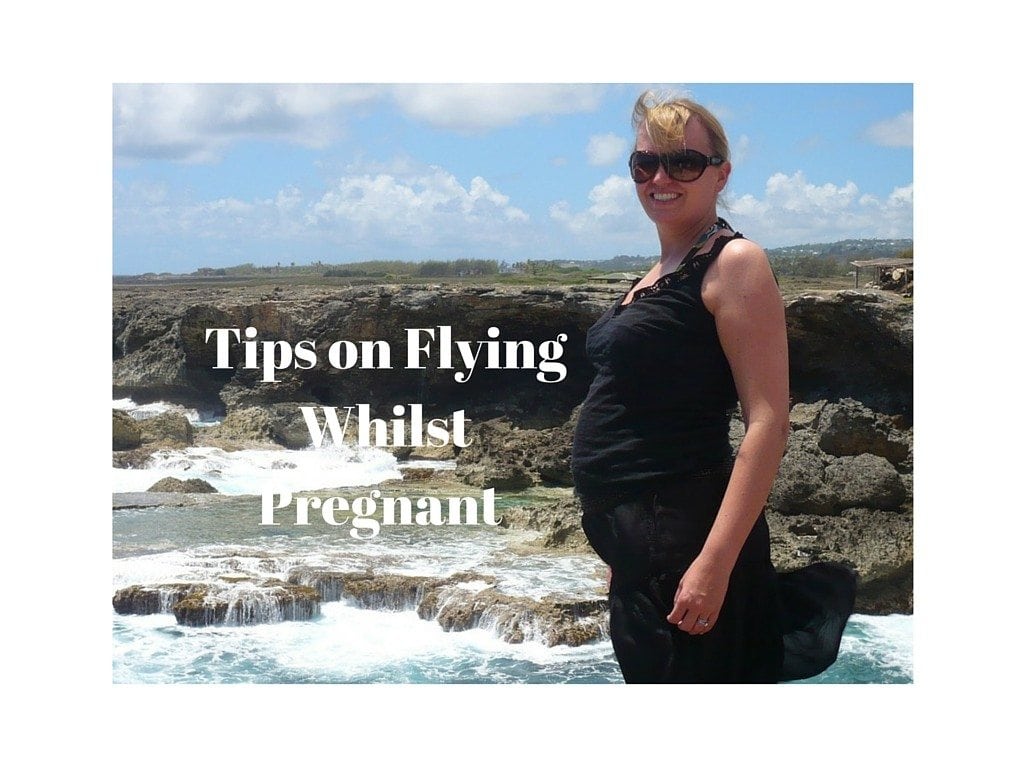AD | I have been or could be if you click on a link in this post compensated via a cash payment, gift or something else of value for writing this post. See our full disclosure policy and privacy policy for more details.
It is one thing to travel with kids in tow, but what about if you find out you are expecting again, or are going through your first pregnancy? Does that mean you have to put all your existing travel plans on hold for nine months?
NB: Advertisement Feature
Not at all. Just as with having children, there really isn’t anything holding you back from travelling during pregnancy, as long as you use some common sense and plan ahead. Here are four essential starting points for any mum-to-be.
Consult your doctor about travelling
The most important thing about travelling during pregnancy is making sure you and baby remain healthy. It is always therefore a good idea to visit your doctor for a once over just to make sure there aren’t any reasons not to go ahead with your plans. They will also be able to give you plenty of useful advice about keeping well while you are away, such as how to cope with different climates, what you need to know about flying and so on.
Don’t leave travel until too late in pregnancy
Making all but essential travel plans too close to your due date is not advisable. There is the outside chance that all the moving around and added stress on your body involved in travel could induce labour. Besides, you will reach a point where you won’t fancy leaving the house much anymore, never mind jetting off on your holidays. Many airlines start to refuse travel in very late pregnancy, and may even ask to see a letter from your doctor confirming you are fit to fly anything after 28 weeks.
Get the right travel insurance
During pregnancy, the likelihood of you needing medical assistance increases wherever you are. If something happens while you are away and you have to see a doctor or go to hospital, you need travel insurance to cover the costs. But that also means you have to tell your insurance company that you are pregnant, as they will add clauses to your policy specifically to cover care for pregnancy. The best way to keep costs down is to go to a specialist who offers bespoke travel insurance for pregnant women.
Weigh up the risk of vaccines
If you plan to travel to a part of the world where you need inoculation against certain diseases, you should bear in mind that so-called ‘live’ vaccines are believed to carry a heightened risk to unborn babies. This is because these vaccines use small doses of the actual bacteria that cause the disease to prime your immune system to fight it. However, your baby’s body may not have developed enough to fight the initial dose yet, raising the risk of infecting them. Examples of live vaccines include BCG (tuberculosis), yellow fever, oral polio and oral typhoid. If you must travel to areas where these are required, it is always safer to risk the vaccine than it is to catch the disease itself, both for you and your baby. But if you have any concerns, you might want to consider changing your travel plans.
1 - Join our Reviews and Recommendations Facebook Group here which includes lots of ideas for things to do - you can post your own recommendations too.
2 - Buy our debut novel for boys and girls ages 7-11 The Little Museum (an exciting adventure set in France)
3 - Click here to leave Mini Travellers a Google Review.
4 - Share this post with your friends
5 - Follow Mini Travellers on the following platforms :
Thank you for your support as always.









